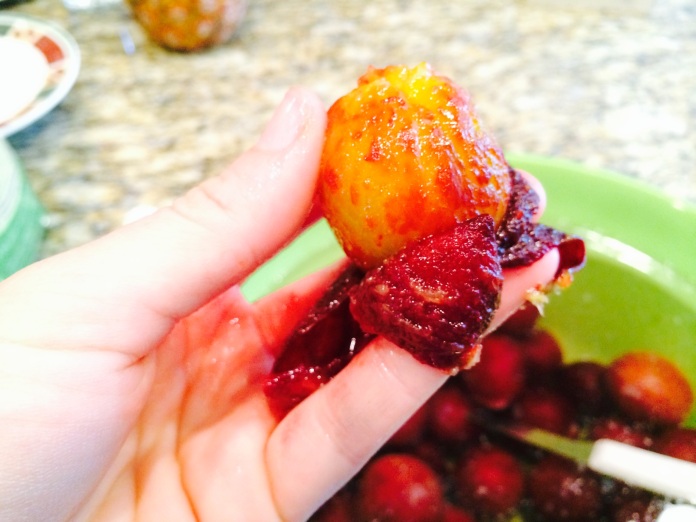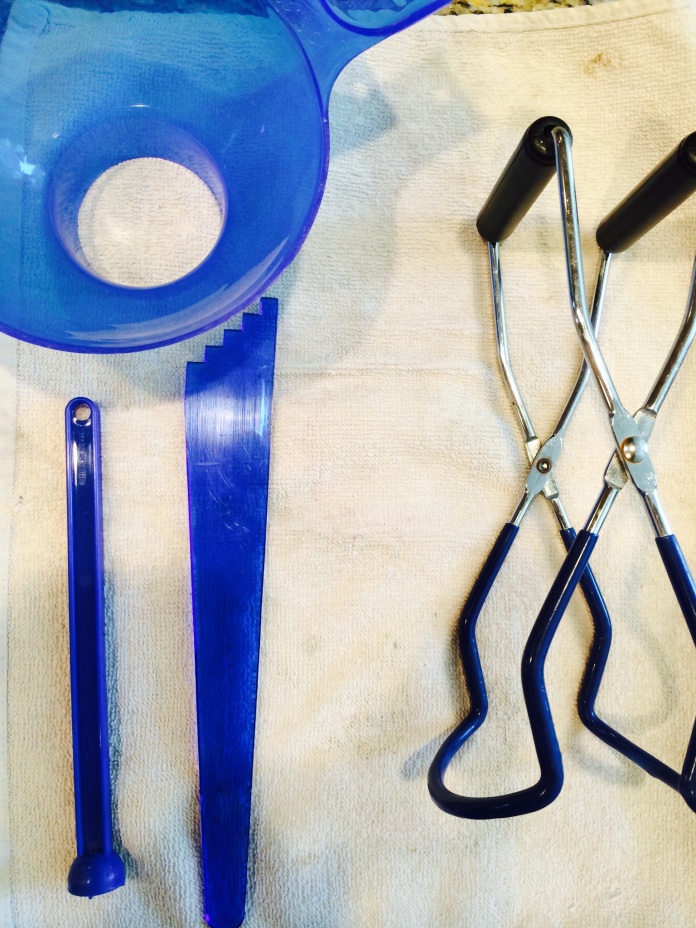I wanted to form a mission statement for my tutoring and mentoring. I didn’t really know where to begin, because I’ve never created a mission statement before, so I did what every good American does, and googled it. A few I found are the following:
“Proclaim the Gospel, Perfect the Saints, Redeem the Dead” by the Church of Jesus Christ of Latter-day Saints
“…to assist individuals in their quest for perfection and eternal life” by Brigham Young University
“Whole Foods, Whole People, Whole Planet” by Whole Foods
“To be the leader in wilderness education that serves people and the environment” by NOLS
The four pillars of Outward Bound: “Self-Reliance, Physical Fitness, Craftsmanship, but above all, Compassion”.
Wow! My eyes were shining. The idealist in my heart burned with resolution. What lofty aspirations!
But they weren’t my aspirations, so I played how-are-these-alike, and discovered that all good mission statements share a few common elements.
No. 1 A good mission statement is short and to the point.
Dang. I’ve never been good at short and to-the-point. I tend to wander in tangential trails. But I’ll work on that. So, what now?
No. 2 A good mission statement reflects the strengths of the organization.
Cool. I think I know what I’m good at. Listening seems to be my strong suit, so I thought I’d better include that in my mission statement. I’m also pretty good at organizing ideas into coherent sentences that other people can understand. So, speaking (communicating in general) makes the list, too. But people want to know how I do these things.
No. 3 A good mission statement gives a sense of what sets the organization apart, makes it unique, and specifies the way they do things.
I mean, I could listen and communicate, and still be a big jerk, right? So, how do I reassure my students and their families that coming to me for mentoring is a good thing? Time to throw in some adjectives and/or prepositional phrases. I went with compassion, because I want to promote an it’s-okay-to-be-yourself-and-talk-about-anything-on-your-mind vibe. I feel a good mentor not only listens, but has real respect for the student’s ideas, feelings, desires, and goals. That taking-the-student-seriously-ness seems like compassion to me, because compassion really means esteeming the other person as much, if not more, than yourself. However, that only tells half the story. I’m not just a diary for people to pour their hearts into. I also want to impart guidance, recommend reading, and inspire.
No. 4 A great mission statement leaves no doubt as to why the organization is doing what it does in the way that it does it.
This is the part where the most exciting thing happened for me. If I am listening compassionately to the students as if their ideas were as real and important to me as my own, we might then be able to have a discussion as equals. Then what would I say to them? What could I possibly tell them that really mattered/impacted their lives for good/helped them grow as learners and humans, etc? So, I had to delve a little deeper into my personal philosophy of teaching. It’s a philosophy in process. It’s still flexing and changing. What I currently believe was arrived at after years of pondering the topic. I expect by the time I die it will have morphed dramatically, and it could even be 360 degrees different tomorrow, but all I really have to go on is now.
So, what I basically believe is this. We are all free moral agents in a world that presents infinite possibilities and choices. Many lead to evil and many lead to good. In other words, there is a villain and there is a hero inside each of us. The villain usually chooses evil and the hero usually chooses good. Whichever is spoken to the most affirmatively, will eventually take the lead role. What I mean by that is that when we listen to/speak to a person as if she is already a villain, it affirms the reality of the villain within her (and within us). It teaches her the language of a villain so that her inner voice itself even speaks to the villainous part of her.
Now, I reject the possibility that this dooms her to be a villain forever. No, no, I believe that by beginning to speak to the hero in her, she may yet save the day. I believe the hero in us never truly dies, but can be beaten to a bloody pulp by the villain and go dormant for long periods of time. The hero never really goes away, though. He or she is always there in the background waiting for a chance to prove him or herself.
So, I feel my calling as a teacher/tutor/mentor, whatever you want to call it, is to speak to the hero in every child. The hero is already in there, is already capable of arriving at solutions on his own, is already a sentient and conscious being with thoughts and feelings and ideas. There’s not really anything I can put into him to change him. The changes will always come from the hero himself. However, a hero is usually accompanied by a mentor of some kind: wise relatives like Uncle Ben and Aunt May, or an inspiring teacher like Professor Dumbledore. These people never entertained, even for a second, the possibility that their Peter Parkers or Harry Potters were villains, and certainly never treated them as if they were. They might have, for both stories certainly show that each hero had dark moments in which they doubted their ability to be good. But their mentors invited the heroes to the conversation, and gave them space to solve their own problems while also setting an inspiring example themselves.
This is ultimately what I want to do for my students. I want to listen to everything in them, good and bad, and coach them through the times of doubt when evil might win. I want to cheer them on and believe in them as they wrestle with life’s choices.
Too many students come away from the learning experience feeling beaten, rejected, and stepped on. We speak to them as if they were clumsy, childish, untrustworthy, incapable, an annoyance, aggravations, basically wrong and in need of correction by the morally-superior and experienced adults. Is it any wonder they begin to bow to the villain within them? Considering the verbal darts thrown at them all day, I’m not surprised. How often do we hear teachers calling names (lazy, disrespectful, irresponsible), using sarcasm (So you want to be an architect? Well, judging by your math test that’ll go over just great.), using punitive and embarrassing methods of correction (You didn’t finish your homework? Well, then you can just stay in for recess until you learn how to work harder)? How often do we hear statements like “Oh, you don’t really mean that.” suggesting to the student that she doesn’t really know herself, that the adults know better, and just to reject her feelings until they go underground and start manifesting in unpleasant behaviors. When you hear yourself described, and spoken to, in this way, you eventually start to believe it’s true, and a kid will act the part every time.
I know what some of you are thinking. “Well, she’s never had kids of her own.”, “Just let her try and see for herself when she’s a real teacher.” Yeah, ‘kay. That’s great, but I don’t have to have kids to know what it feels like to be one, and I don’t have to be a teacher in order to know what it felt like to be a student.
That’s the key here. I remember when teachers got it right and how that made me feel, but I also remember the times teachers got it wrong, and those scars can last a lifetime. Making the feelings, ideas, and inner realities of my students as real as my own, and just as important, is what makes learning possible. Yes, the teacher may have more years and experience, but until the more experienced one allows space for the other to be heard, and speaks to that person as if they are capable of achieving years and experience, no amount of experience will help. It’s like knowing the phone number, but having no cell service. Until you hook up the line, they can’t hear you. You’d be more successful trying to eat the Great Wall of China. As Dave Ramsey says, “You can’t smack somebody in the back of the head until after you’ve got your arm around their shoulders”.
So, that, in a nutshell, is my teaching philosophy, and the final portion of my mission statement. Getting it all into one sentence seemed impossible, but I think I did alright. Today, I’m off to tutor some very nice people. They’re eight-years-old. I’ll let you know how it goes as I aim to practice what I preach.
















